In recent years, Thuan Chau district has focused on investing in improving the quality of agricultural products; promoting the planning of production areas, developing linkage chains, building brands for key agricultural products, and promoting the consumption of agricultural products for the people.
As a locality with strengths in agricultural development, with products such as: dragon fruit, tea, coffee, taro, hawthorn, passion fruit, mango... These are the district's key agricultural products with advantages in development and export orientation. Mr. Nguyen Xuan Hoang, Vice Chairman of Thuan Chau District People's Committee, said: The district has implemented policies to encourage the development of cooperation, linking production with agricultural product consumption. Support the construction and development of brands and trademarks for agricultural products; exploit the advantages of each region and locality to effectively implement the OCOP program. Strengthen linkage, promotion, introduction and promotion of the district's agricultural products, especially key agricultural products with high value.

Every year, the district has proactively coordinated with the Department of Science and Technology to build brands for key products, increase competitiveness and aim for export. Up to now, the district has implemented OCOP product standardization for Minh Tri Arabica Coffee; Tong Co smoked meat; Phong Lai honey; 5 agricultural products granted protection certificates by the Department of Intellectual Property, namely Son La coffee, Phong Lai tea, Thuan Chau taro, Son La hawthorn, and Da River fish. There are 5 OCOP products with 3 stars or more, including Pha Din Top tourist destination; Thu Dan Oolong tea; Da River tilapia; Chieng La smoked grass carp; Trong Nguyen tea.

Based on the potentials and advantages of each region, the district has planned 3 economic zones, including: Economic zone along National Highway 6, mainly focusing on cultivating tea, coffee, taro and fruit trees; highland and remote communes develop agriculture, forestry and services; areas along the Da River develop industrial crops such as coffee, rubber, afforestation, exploit the water surface of the Da River lake for aquaculture. Pay attention to trade promotion, consumption and export of local agricultural products, such as: Organizing trade promotion chains at trade weeks and conferences; communicating, promoting and introducing products, bringing the district's agricultural products to domestic and foreign markets; coordinating with enterprises and cooperatives inside and outside the province to export tea, coffee beans, mangoes, dragon fruits to the markets of Taiwan, China, Western Europe and Central Europe. Currently, the district has formed 11 production chains according to the value chain associated with processing and consumption of products, including mango, orange, avocado, red-fleshed dragon fruit, passion fruit, longan, taro, organic longan, coffee, and off-season vegetables and fruits. 25 cultivation facilities have been granted VietGAP certificates, with over 400 hectares; 10 codes for fruit growing areas, including 2 mango growing area codes, with 17 hectares meeting export quality standards to the markets of the US, EU, Australia, Dubai, Japan, etc.

The district's branded agricultural product that is well received by the market is Thuan Chau taro. According to statistics, the whole district currently has over 150 hectares of taro, with an output of 1,500 tons/year, grown mainly in the communes of Chieng Ly, Chieng Bom, and Nam Lau. Thuan Chau taro has been granted a collective trademark certificate by the Department of Intellectual Property; the Ministry of Agriculture and Rural Development has included it in the list of valuable genetic resources of Vietnam that need to be preserved and developed. To build and enhance the taro brand, the district guides cooperatives, cooperative groups, and people to produce taro in a chain to improve quality and output; coordinate with specialized sectors to organize training courses, instruct people on how to plant, harvest, and preserve taro, ensuring cleanliness and safety. Plan production areas, research, and transfer the application of science and technology to taro production. Of the total 150 hectares of taro in the district, 82 hectares are native taro varieties, restored using tissue culture technology, filtering out the best genes, linked to the value chain associated with product consumption and sold at major supermarkets nationwide.
Mr. Luong Quoc Huy, Director of Hung Thinh Cooperative, Muoi Noi Commune, informed: As the only unit granted the right to use the Thuan Chau Taro brand by the district, the Cooperative has cooperated with more than 500 households in Nam Lau, Chieng Bom, Chieng Ly communes to grow taro according to VietGAP standards. Every year, the Cooperative cooperates to purchase nearly 1,000 tons of taro, at a price of 25,000 VND/kg. At the same time, it processes taro, with products such as vacuum-packed frozen taro, dried taro soaked in honey and taro wine.

Taking advantage of the locality's many flower sources, especially cardamom and longan flowers, households in Phong Lai commune have developed a honey beekeeping model and joined together to establish the Phong Lai Bee Cooperative. Mr. Nguyen Van Thanh, Director of the Phong Lai Bee Cooperative, shared: After more than 5 years of operation, the Cooperative now has 13 members, raising over 1,000 bee colonies. With the support of specialized agencies, the Cooperative has successfully applied the process and applied production according to VietGAP standards in bee care, farming and honey exploitation. In 2022, the Cooperative's Phong Lai honey product will be recognized as a 4-star OCOP product. Each year, the Cooperative harvests 30 tons of honey with prices ranging from 130,000-170,000 VND/liter, deducting expenses, earning nearly 3 billion VND.
By implementing many solutions to increase the value of agricultural products, Thuan Chau district has increased the competitiveness of agricultural products in the market, creating momentum for agricultural production development, contributing to improving people's lives and increasing income.
Nguyen Thu
Source



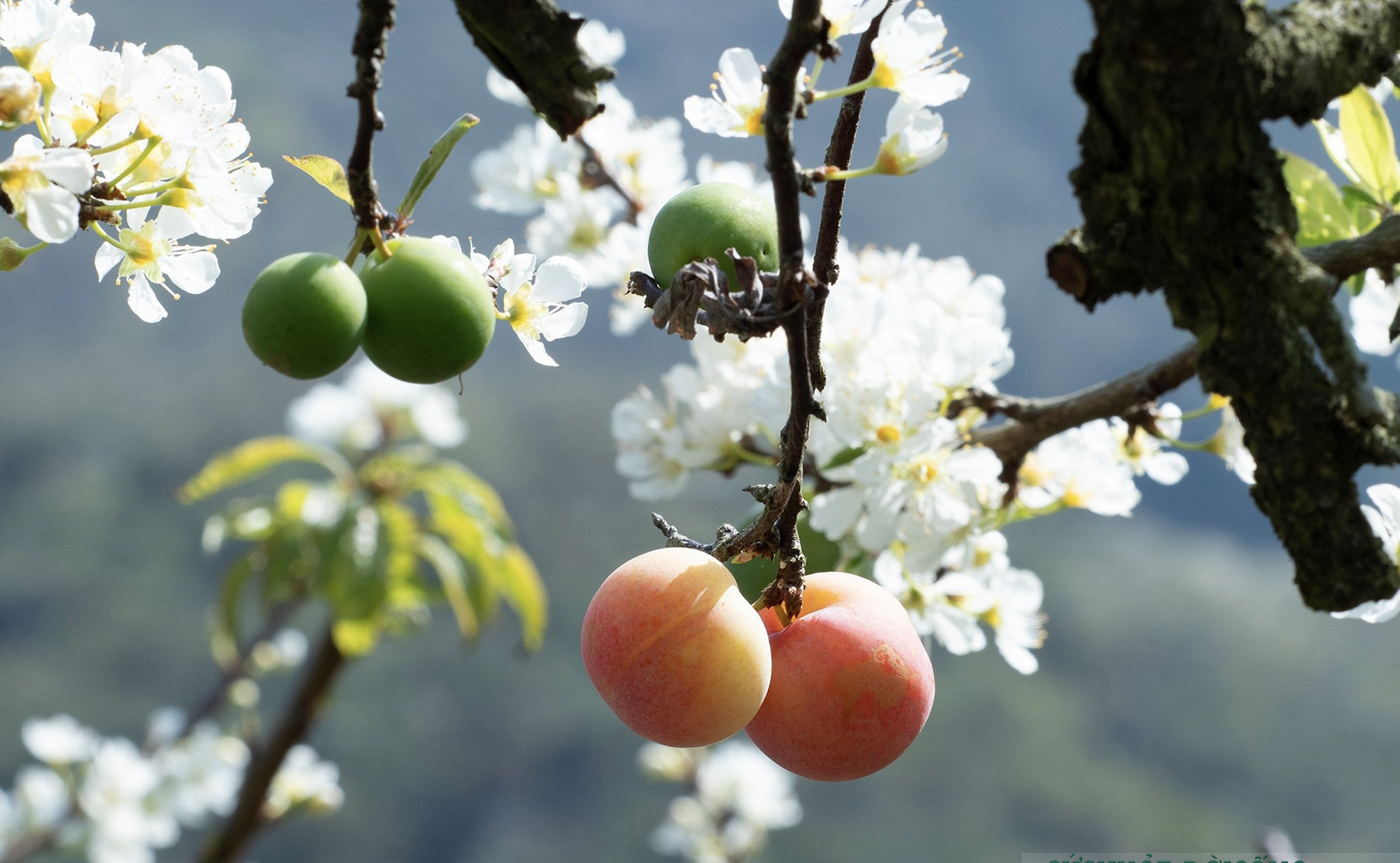
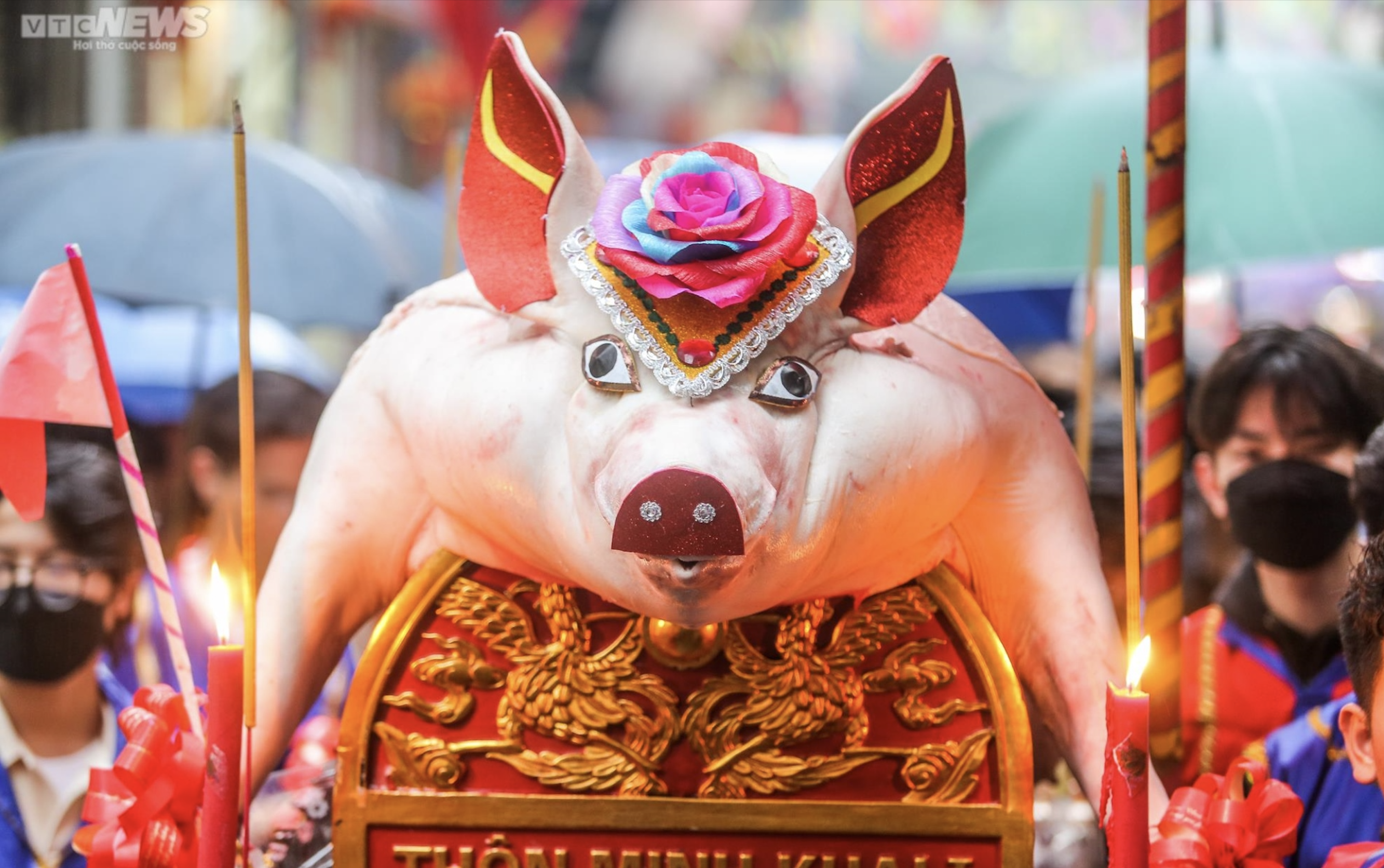
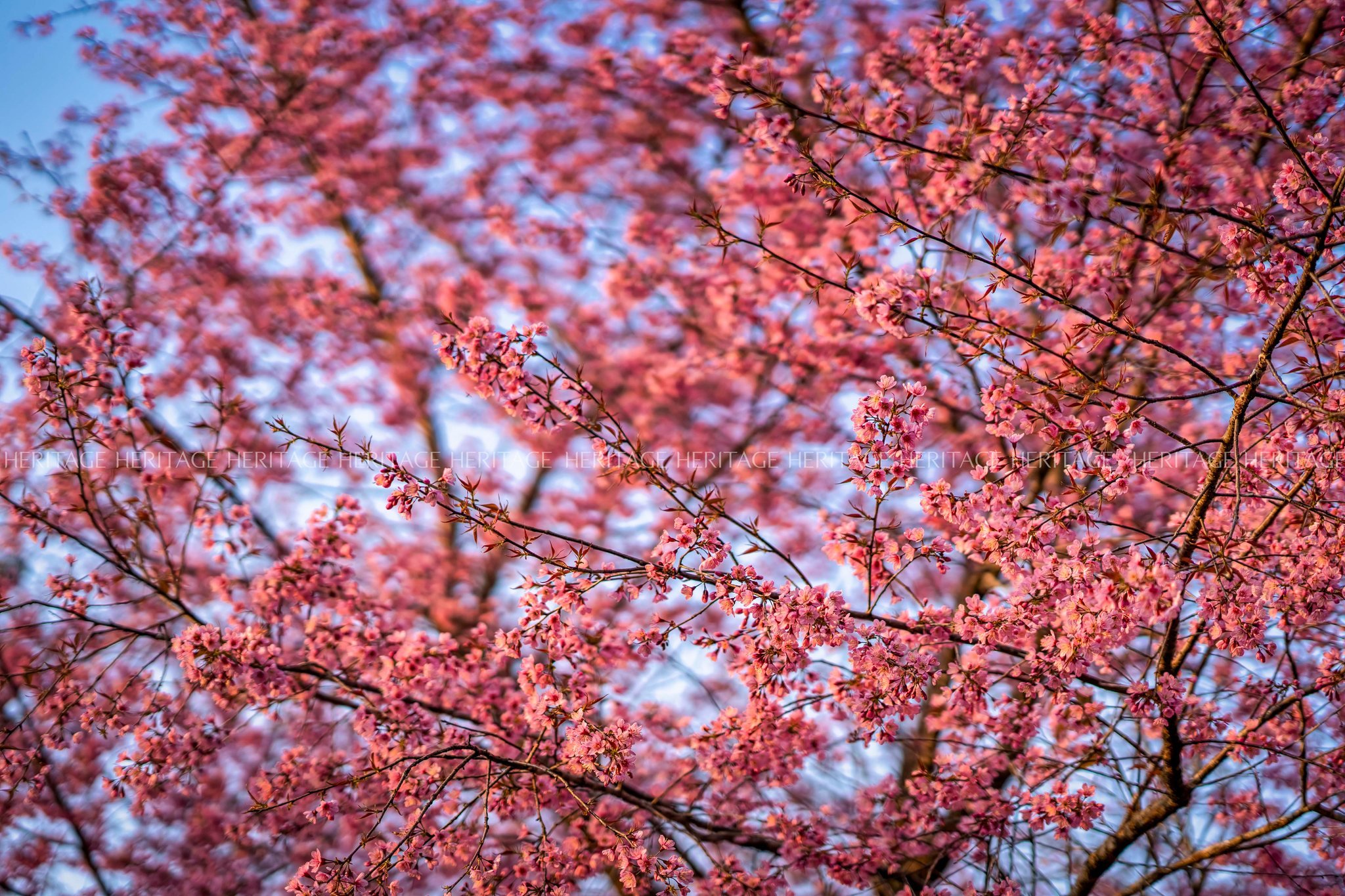


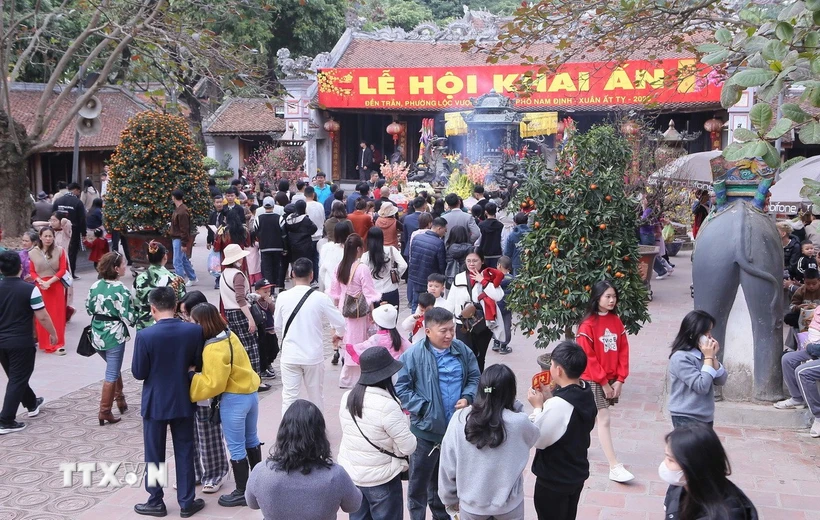
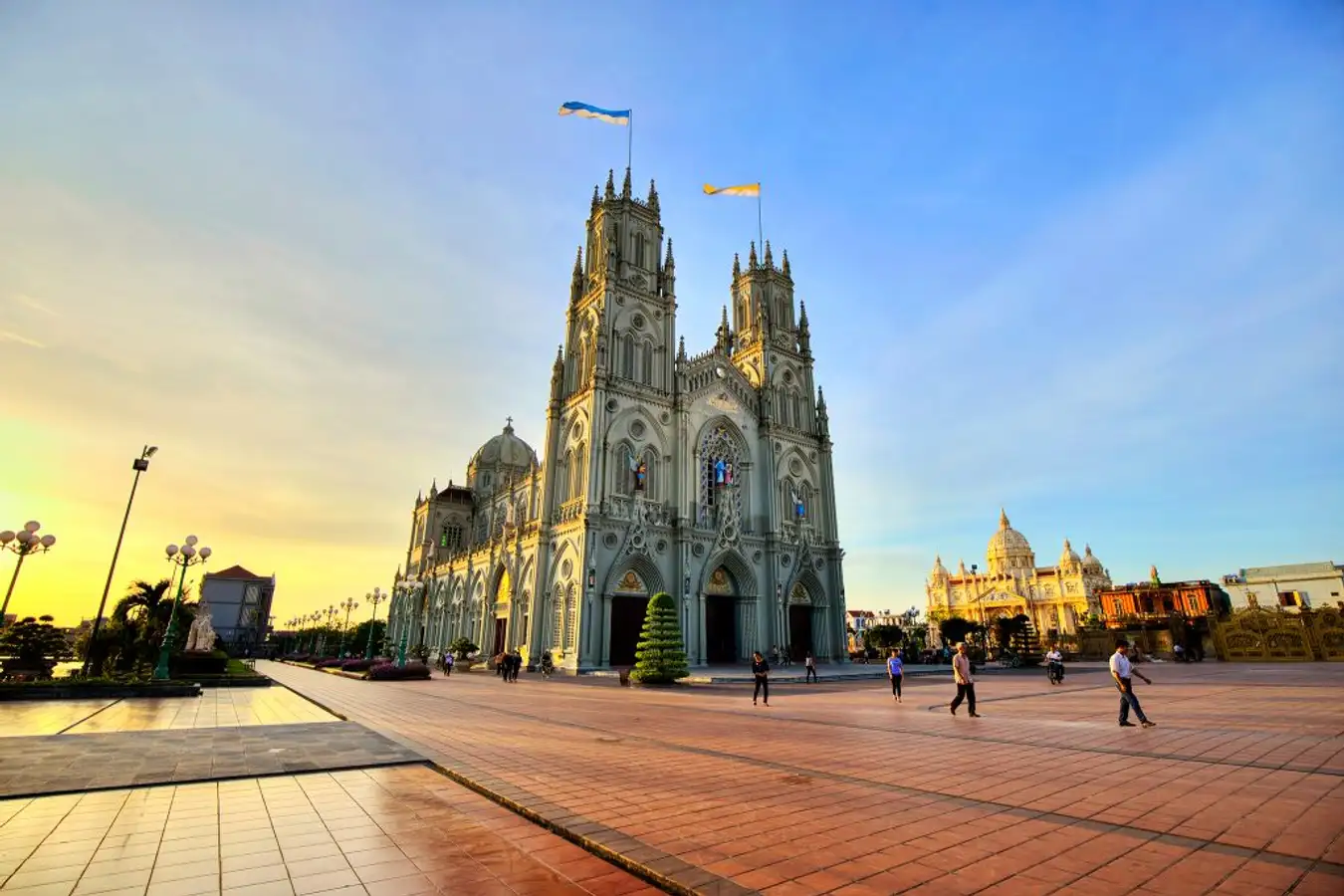




















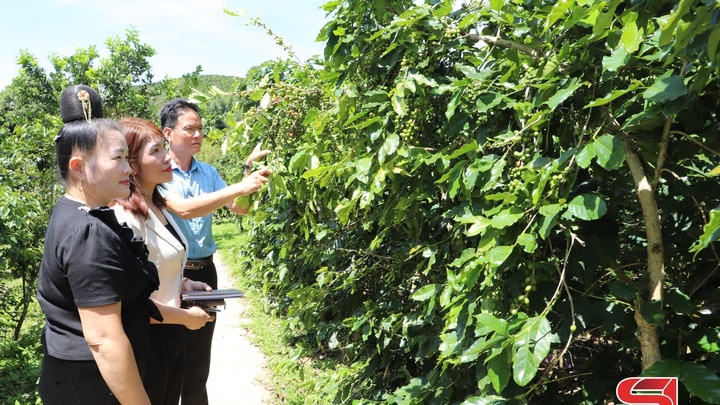
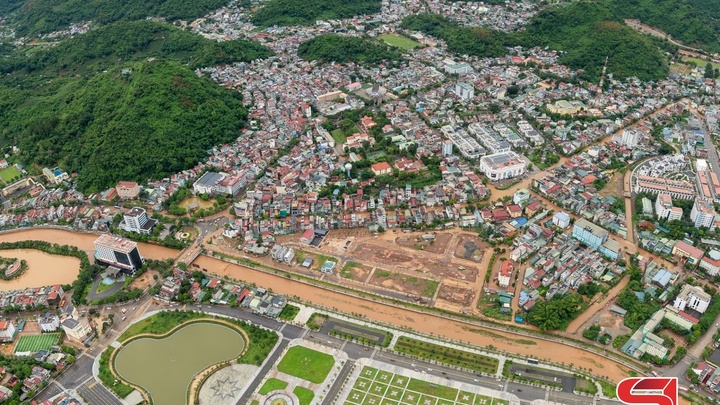
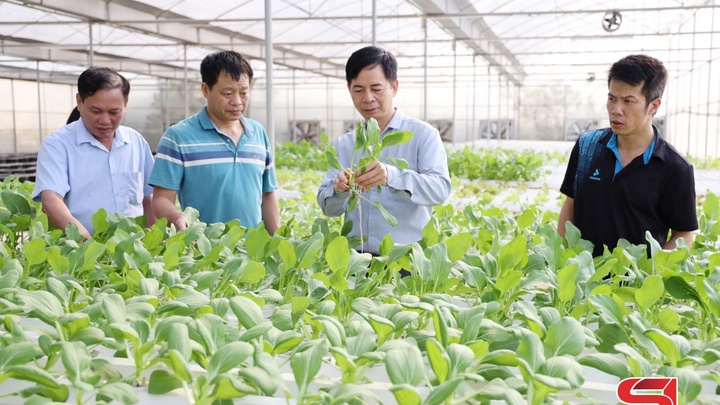
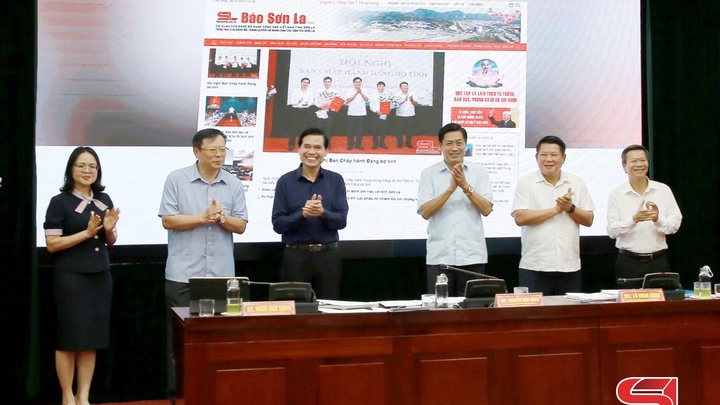
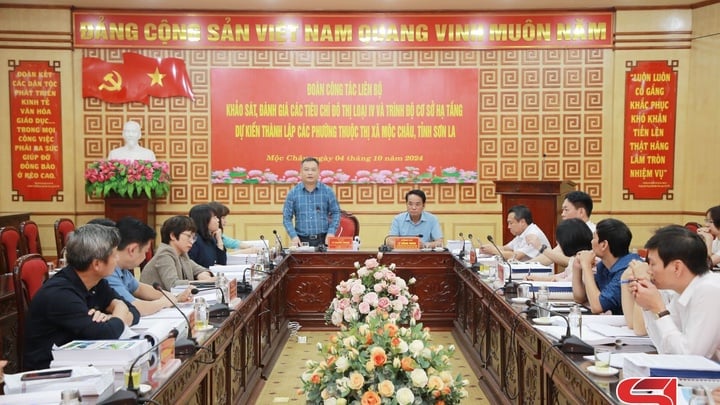
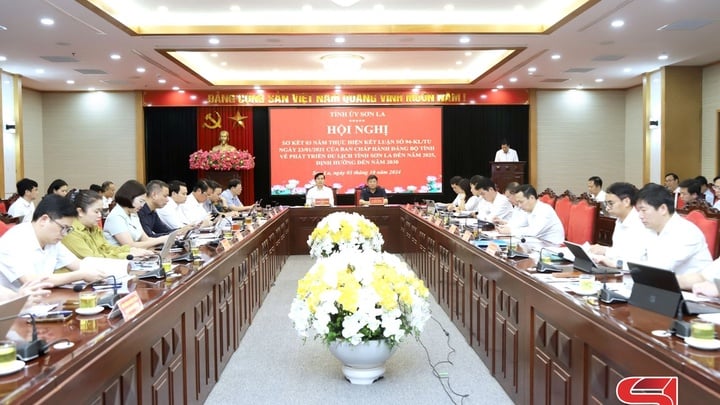
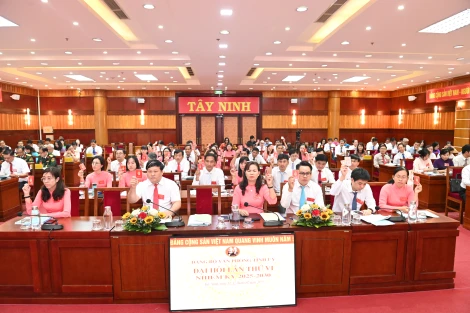
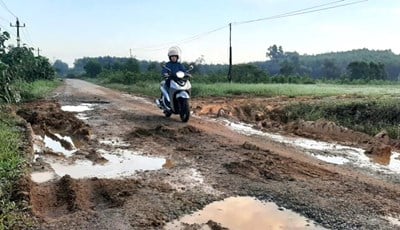
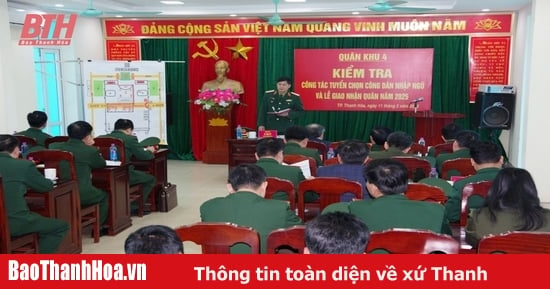
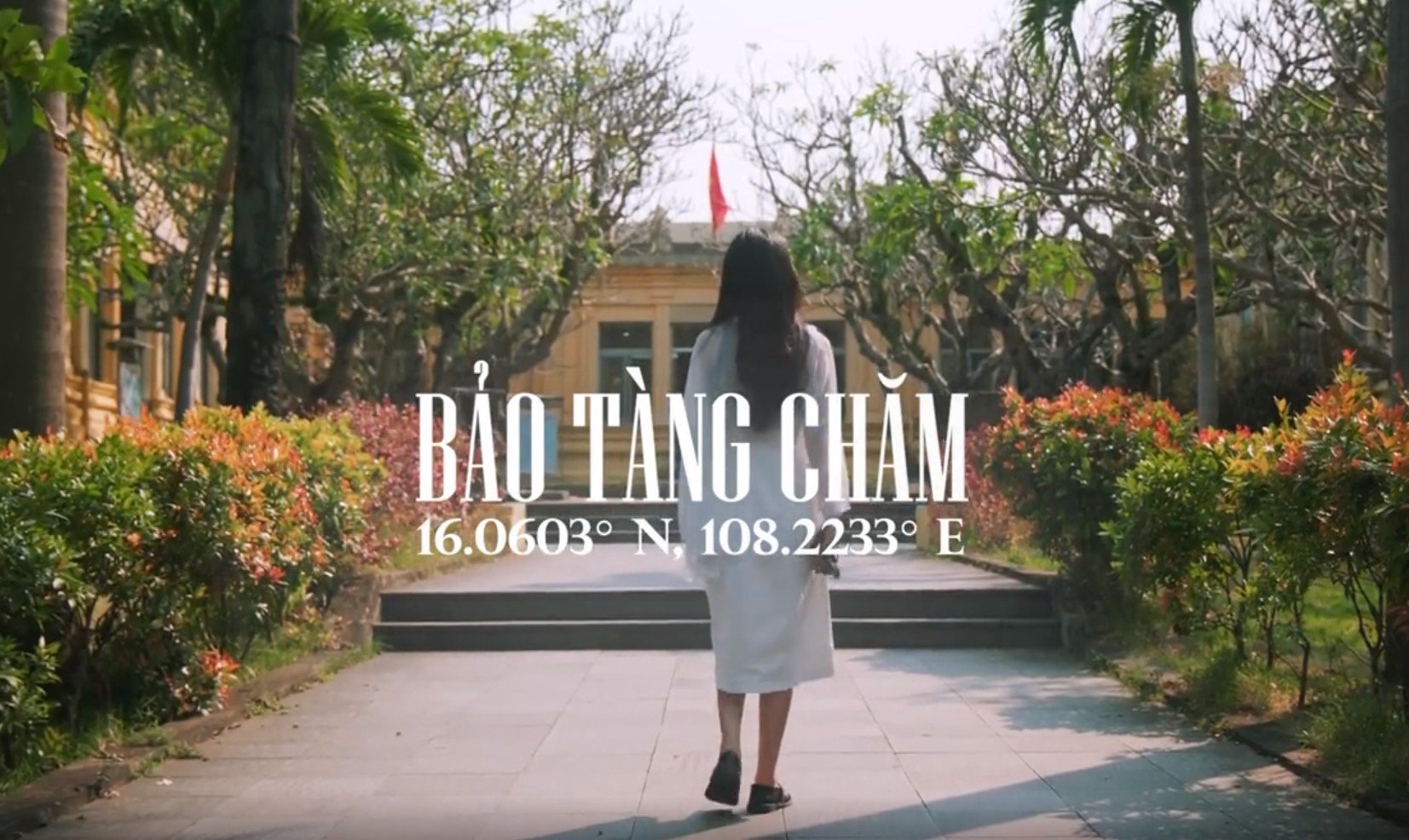
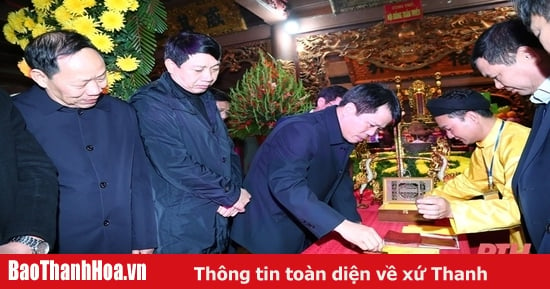

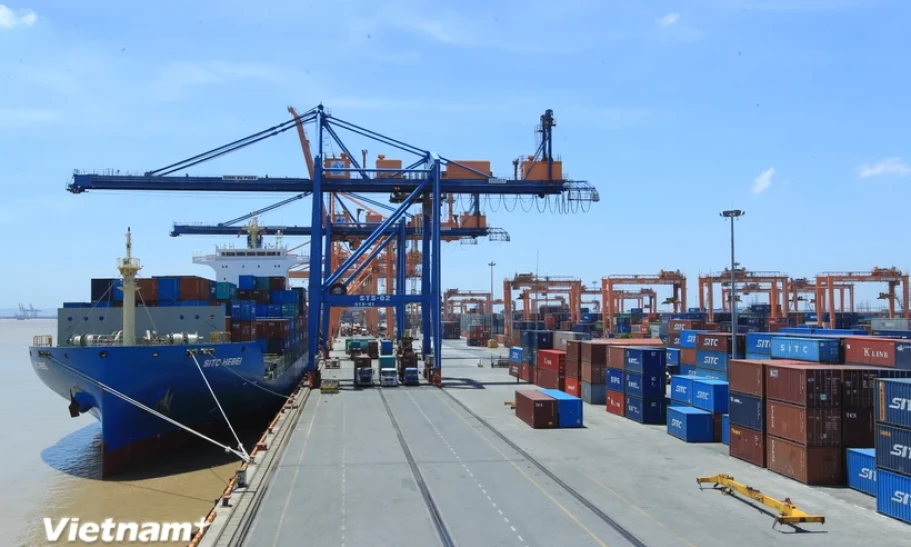


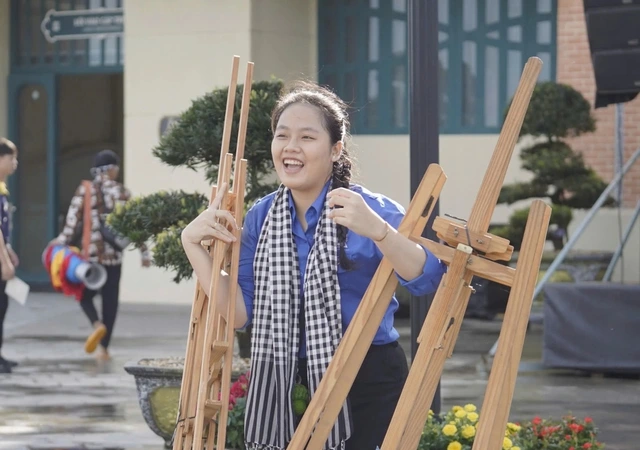



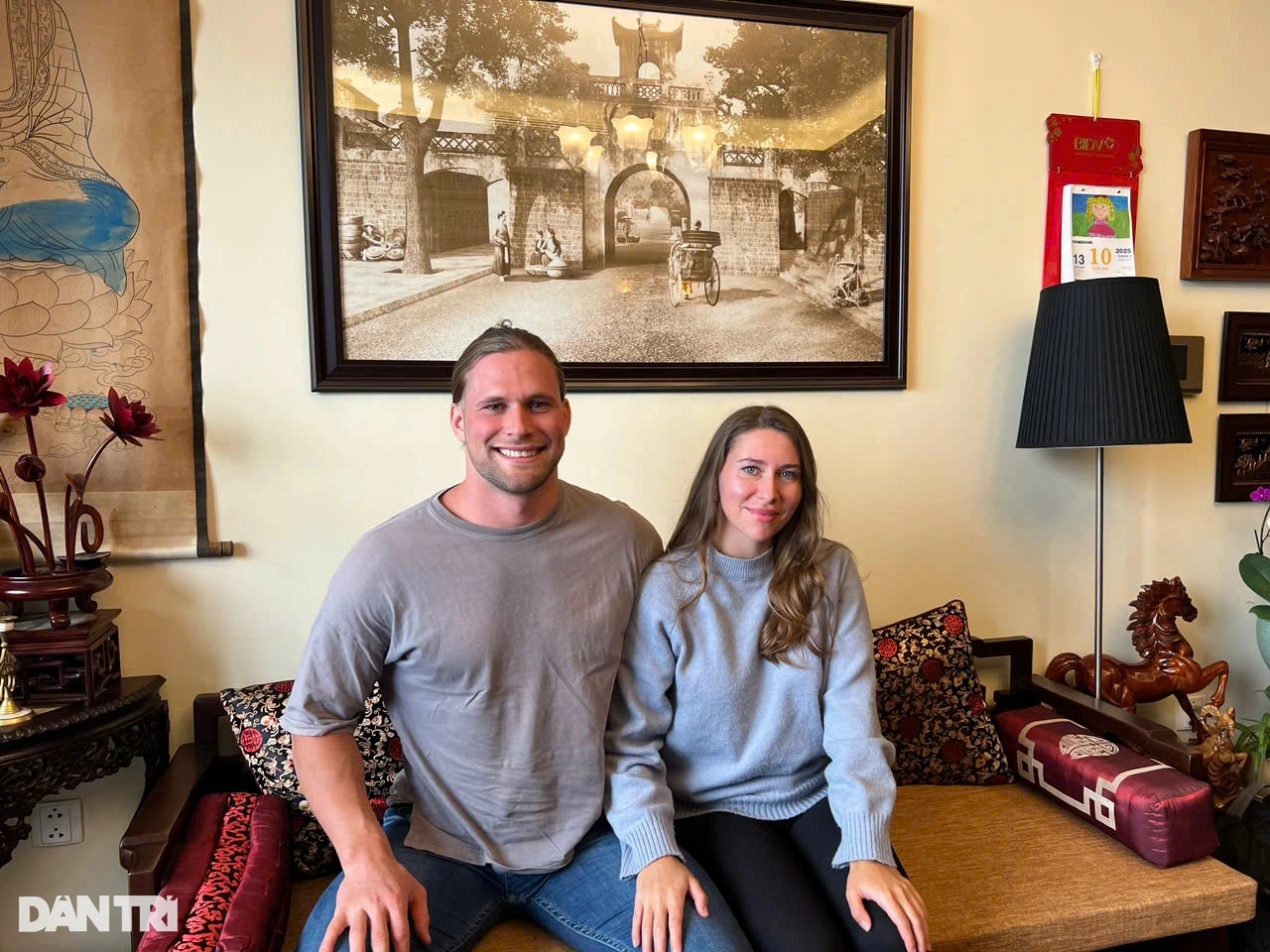


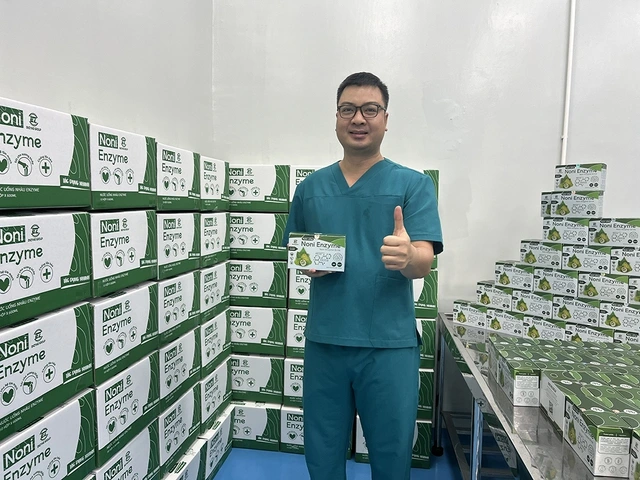






Comment (0)